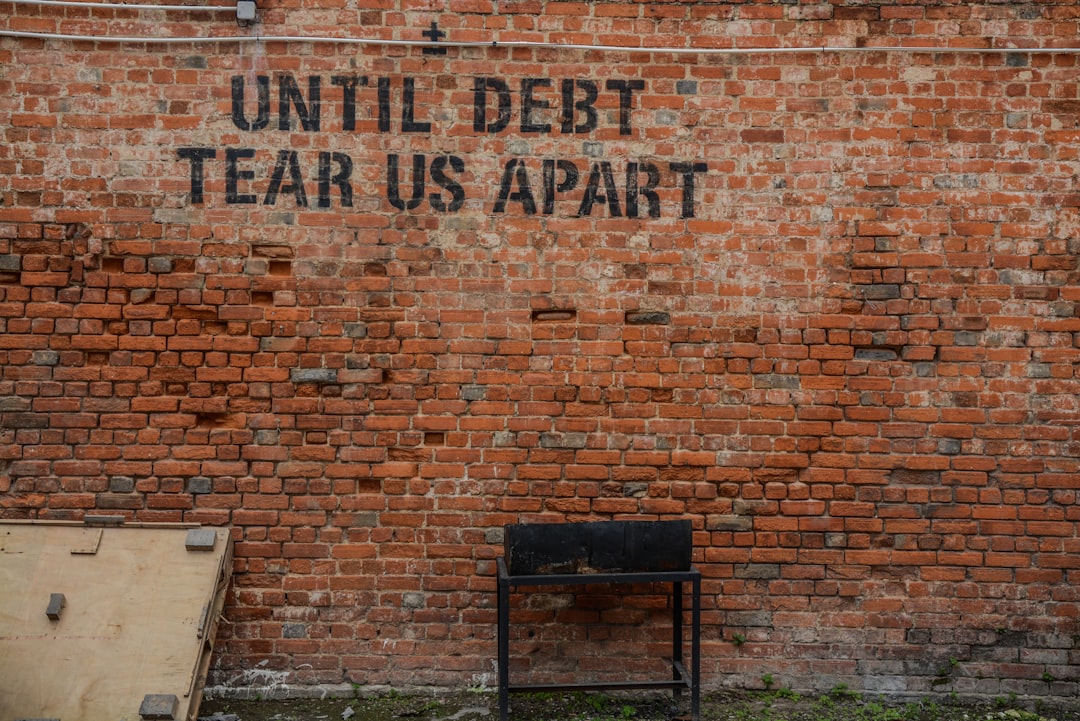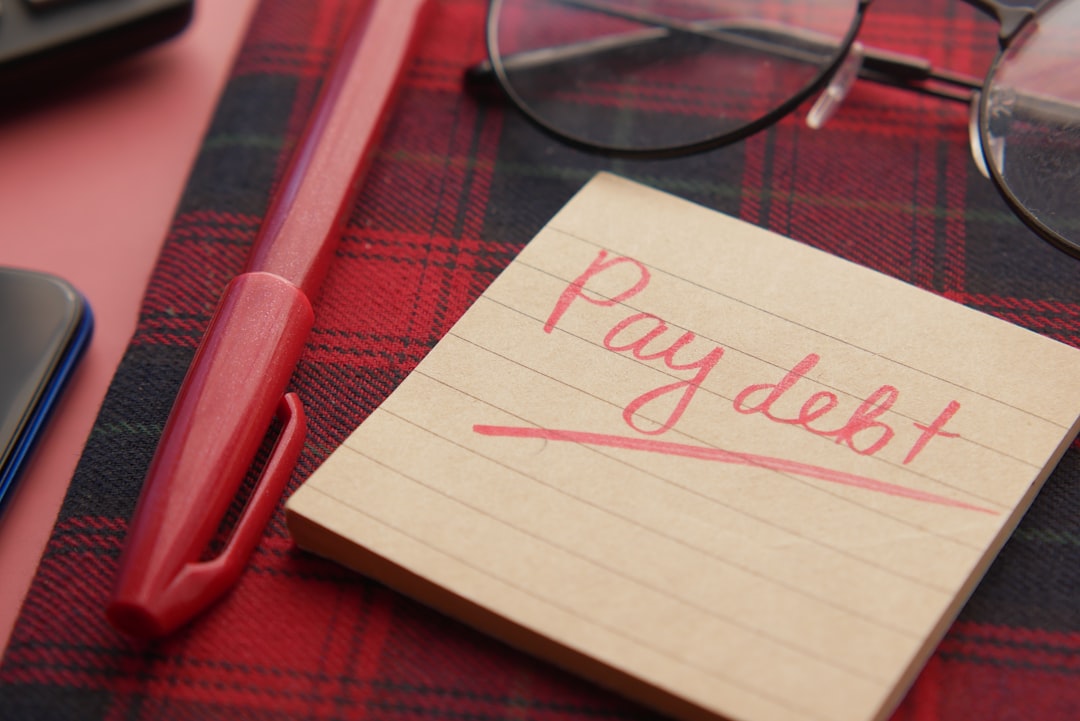Debt consolidation through bad credit debt consolidation loans offers individuals with unsecured loans and credit cards a strategic way to simplify repayment, reduce monthly payments, and minimize interest expenses. Suitable for those with low credit scores, these loans focus on repayment ability rather than strict credit checks. By consolidating debts, borrowers can improve their credit score over time, gain financial control, and potentially save money in the long run. However, it's crucial to understand loan terms, fees, and repayment periods before accepting any consolidation agreement. Successful repayment involves creating a realistic budget, regularly reviewing it, and avoiding new debt accumulation to free up funds for principal payments and reduce interest.
Struggling with multiple unsecured loans and credit cards? Debt consolidation could be your path to financial freedom. This comprehensive guide explores bad credit debt consolidation loans, a powerful tool to simplify repayment and reduce interest rates. We’ll delve into the benefits of consolidation, different loan types available, eligibility criteria for those with poor credit, and step-by-step processes to secure funding. Additionally, we provide strategies for effective loan management, empowering you to take control of your finances.
- Understanding Debt Consolidation and Its Benefits
- Types of Debt Consolidation Loans for Unsecured Debts
- Eligibility Criteria for Bad Credit Debt Consolidation Loans
- The Process of Securing a Debt Consolidation Loan
- Strategies to Repay and Manage Your Consolidated Loan Effectively
Understanding Debt Consolidation and Its Benefits

Debt consolidation is a strategic financial move that combines multiple debts into one single loan with a lower interest rate. This approach simplifies repayment by making it easier to manage and potentially reducing the overall cost of paying off your debt. For individuals dealing with unsecured loans and credit cards, particularly those with bad credit, debt consolidation loans can offer significant advantages.
By consolidating your debts, you may be able to reduce monthly payments, minimize interest expenses, and even improve your credit score over time. It provides a structured plan to pay off the debt more efficiently, allowing for better financial control and potentially saving money in the long run. Bad credit debt consolidation loans are designed to cater to borrowers who might face challenges in obtaining traditional loan options, offering a viable solution to manage and reduce their debt burden.
Types of Debt Consolidation Loans for Unsecured Debts

When it comes to debt consolidation for unsecured loans and credit cards, there are several loan types tailored for individuals with varying financial backgrounds. One popular option is the Bad Credit Debt Consolidation Loan. These loans are specifically designed to assist those with low credit scores or a history of missed payments. Lenders offering these loans typically focus on an individual’s ability to repay, rather than strict credit checks, making them accessible to a broader range of borrowers.
Another common type is the Fixed-Rate Debt Consolidation Loan, which offers a consistent interest rate throughout the loan term. This predictability can be beneficial for budgeting as it eliminates potential spikes in monthly payments due to variable rates. For those seeking more flexibility, Variable-Rate Debt Consolidation Loans might be preferable, allowing adjustments to monthly payments based on market conditions.
Eligibility Criteria for Bad Credit Debt Consolidation Loans

Bad credit debt consolidation loans are designed to help individuals struggling with multiple high-interest unsecured loans and credit card debts. To qualify, borrowers typically need a credit score below 650. Lenders consider factors like income stability, outstanding debt amounts, and repayment history when evaluating applicants.
While having poor credit is not an obstacle for these specialized loans, lenders may offer higher interest rates to compensate for the increased risk. Borrowers should carefully review the terms and conditions, including interest rates, loan fees, and repayment periods, before accepting any consolidation agreement to ensure it aligns with their financial goals and ability to repay.
The Process of Securing a Debt Consolidation Loan

Debt consolidation is a popular strategy for managing multiple high-interest debts, especially unsecured loans and credit cards. The process begins with an individual assessing their financial situation and understanding the extent of their debt burden. Many turn to bad credit debt consolidation loans as a solution, allowing them to pool their debts into one manageable loan with potentially lower interest rates.
Applying for a debt consolidation loan typically involves providing detailed financial information, including income proof and current debt details. Lenders will assess this data to determine the borrower’s ability to repay. The loan amount offered is usually based on the total debt being consolidated, with some lenders considering credit scores but others focusing more on the debt-to-income ratio. Once approved, the lender disburses the funds, which are then used to pay off the existing debts, simplifying the repayment process and potentially reducing monthly payments.
Strategies to Repay and Manage Your Consolidated Loan Effectively

After consolidating your unsecured loans and credit cards into a single, more manageable loan, it’s crucial to implement effective strategies for repayment and management. The first step involves creating a realistic budget that accounts for your consolidated loan payments alongside other essential expenses. This means tracking your income and outgoing cash flow meticulously to ensure every dollar is allocated wisely. Many people with bad credit debt consolidation loans find success by adhering to a strict budget, which can help free up funds to make additional payments towards the principal balance.
Regularly reviewing and adjusting your budget is also key. As you pay down the consolidated loan, reassess your financial situation and adjust your repayment strategy accordingly. Consider setting aside extra money each month if possible, as this can significantly reduce the overall interest paid and the length of the loan term. Additionally, stay vigilant about avoiding new debt accumulation to prevent needing another consolidation in the future.
Debt consolidation can be a powerful tool for managing unsecured loans and credit cards, especially for those with bad credit. By consolidating your debts, you can simplify repayment, potentially reduce interest rates, and regain control over your finances. Understanding the process, eligibility criteria, and effective strategies for repaying a bad credit debt consolidation loan is essential to achieving financial stability and avoiding future financial strain.
